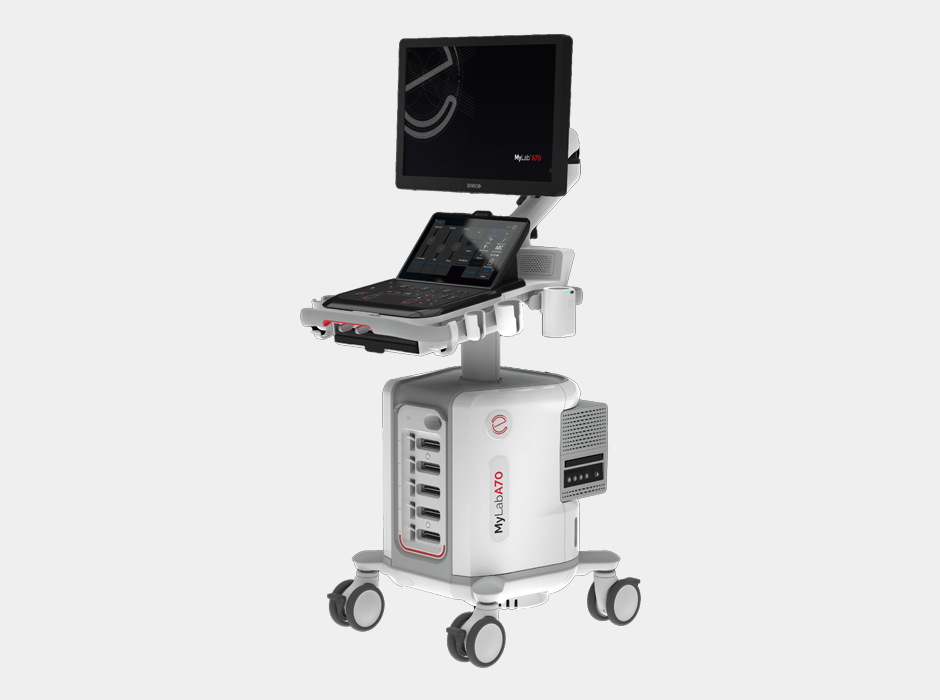Takeda has announced that the US Food and Drug Administration (FDA) has granted approval for Fruzaqla (fruquintinib) for adults with previously treated metastatic colorectal cancer (mCRC). More specifically, this oral targeted therapy is for adults with mCRC who have been previously treated with fluoropyrimidine-, oxaliplatin-, and irinotecan-based chemotherapy, an anti-VEGF therapy, and, if RAS wild-type and medically appropriate, an anti-EGFR therapy.
Notably, Fruzaqla marks the first targeted therapy endorsed for mCRC, irrespective of biomarker status or previous treatment history, in over a decade.
“There is a pressing need for new treatments for individuals with metastatic colorectal cancer, who have had limited options and continue to face poor outcomes. Fruzaqla is the first novel chemotherapy-free treatment option approved for patients in the US regardless of biomarker status in more than a decade,” said Teresa Bitetti, president of the Global Oncology Business Unit at Takeda, in the company’s press release.
The list price of Fruzaqla is $25,200 for a 28-day supply of a 5 mg dose and $6,300 for a 28-day supply of a 1 mg dose.
XTALKS WEBINAR: Strategic Implications of Oncology Clinical Trial Design in Early-Phase Studies
Live and On-Demand: Friday, February 16, 2024, at 11am EST (4pm GMT/UK)
Register for this free webinar to gain an understanding into the trade-offs between protocol design options. The featured speaker will share insights into developing a trial structure that maximizes the chances of success in later phases of research while minimizing risk.
Safety and Efficacy of Fruzaqla
The FDA’s decision to approve Fruzaqla is backed by clinical evidence from two key studies: FRESCO and FRESCO-2. The trials investigated fruquintinib plus best supportive care versus placebo plus best supportive care in patients with previously treated mCRC.
These international, multicenter, randomized, double-blind, placebo-controlled trials have shown that fruquintinib significantly enhances overall survival in patients. Specifically, in the FRESCO-2 study, patients treated with fruquintinib had a median overall survival of 7.4 months compared to 4.8 months in the placebo group, a statistically significant improvement (p < 0.001). Similarly, the FRESCO study reported a median survival of 9.3 months for fruquintinib-treated patients versus 6.6 months for those receiving the placebo (p < 0.001).
The most common side effects from Fruzaqla reported in the clinical trials were hypertension, palmar-plantar erythrodysesthesia syndrome, proteinuria, voice changes, abdominal pain, diarrhea and fatigue.
Other Treatments for Metastatic Colorectal Cancer
In August 2023, Taiho Oncology received FDA approval for Lonsurf (trifluridine and tipiracil) to be used in combination with bevacizumab in treating mCRC. Lonsurf combines trifluridine, a nucleoside analog disrupting DNA synthesis, and tipiracil, which extends trifluridine’s effectiveness by slowing its breakdown. This combination hinders cancer cell growth by integrating trifluridine into the DNA of cancer cells. Clinical trials have shown that this combination offers significant improvements in both overall survival and progression-free survival for patients, marking a substantial advancement in colorectal cancer treatment.
In early 2017, Amgen announced FDA approval for Vectibix (panitumumab) for patients with mCRC. Vectibix has shown efficacy in enhancing overall survival among patients with wild-type RAS mCRC.












Join or login to leave a comment
JOIN LOGIN